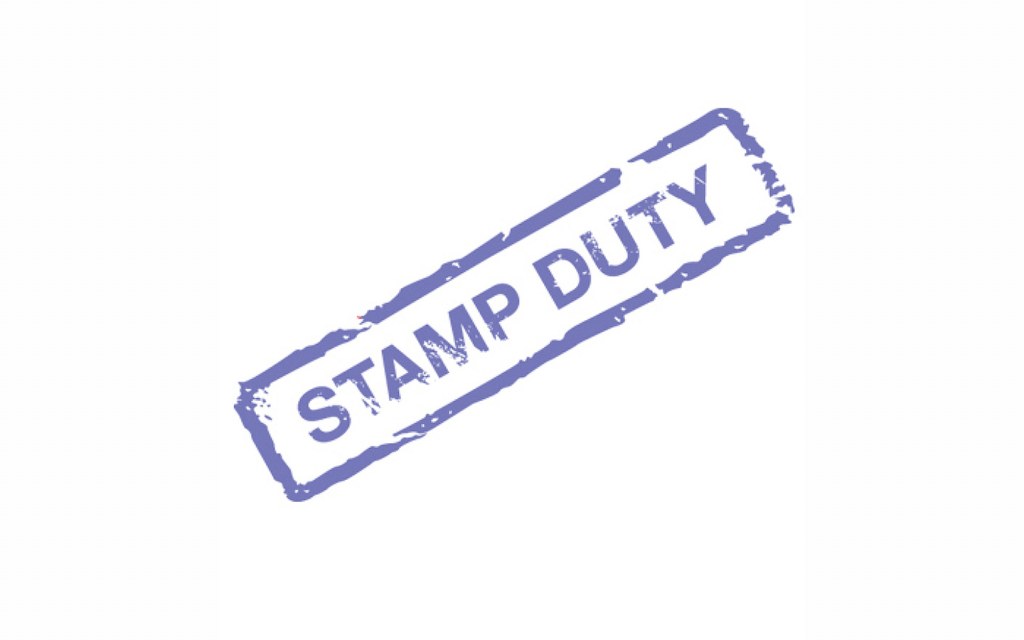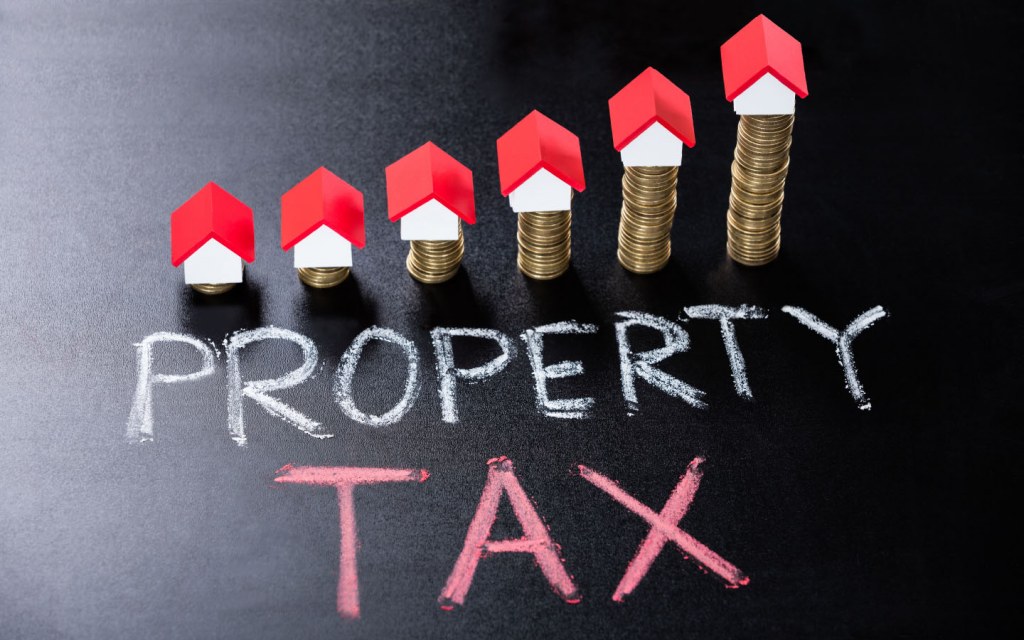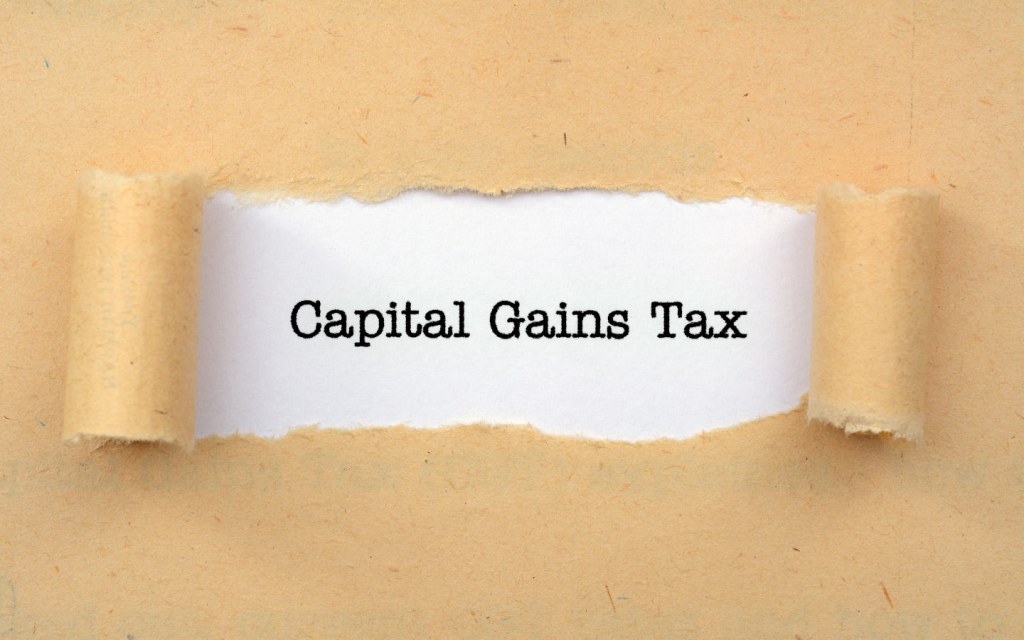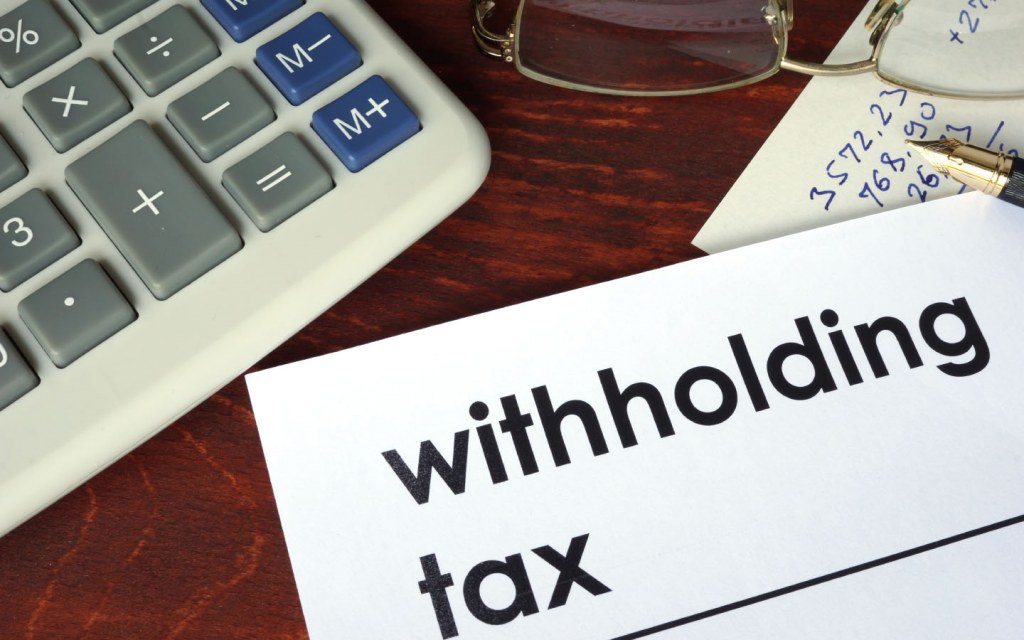Home » Laws & Taxes » Property Fees Applicable to Real Estate Investments
Buying and selling a property is a process that requires a lot of research and can become extra or unnecessarily time-taking and complicated if you are not aware of all the fees and documents involved. Property transactions don’t just involve the price of the plot, but also a number of fees or taxes related to the registration and transfer of the property. While some property fees in Pakistan may differ between provinces, you will generally have to pay these charges when buying and selling property all over Pakistan. Therefore, you should always keep these extra charges in mind along with the price you are about to pay for the property.
Types of Property Fees in Pakistan
Property transactions often come with their share of hefty fees, and taxes all over the world and it’s no different in Pakistan. Some of the common types of property fees applicable to buyers and sellers of property in Pakistan include:
Fees Imposed on Buyers
- Sales Deed Charges
- Capital Value Tax
- Stamp Duty
- Property Tax
- Registration Fee
- Town Tax
Fees Imposed on Sellers
- Capital Gains Tax
Fees Imposed on Buying and Selling of Property
- Withholding Tax
Let’s give you a little insight into each of these property fees in Pakistan so you can estimate your investment costs in a better manner.
Sales Deed Charges

The Sales Deed or Title Deed is a document that legalises and documents the sale of a property to a new owner. While the document itself has negligible costs, you will need to hire a lawyer or a deed writer for the task, which can generally cost you around PKR 5,000. This process is called Registry and the major difference between registry and inteqal is that registry is a mandatory procedure for every real estate transaction.
Capital Value Tax
As of the Finance Act 2010, the Capital Value Tax or CVT is a provincial tax paid by the buyer of a 1 kanal (or more) property to the provincial government at a rate of 2% of the property’s value. However, recommendations have been made by the federal government to reduce this tax to 1%—a change that is yet to be implemented. The CVT applies to both purchased and gifted properties.
Stamp Duty

Stamp Duty is another provincial tax levied on the documentation of property transactions under the Stamp Act of 1899. It is charged at 3% of the District Collector’s rates of the property. However, the recommendation to reduce charges proposed by the federal government also aims at lowering the Stamp Duty to 1%, if it is implemented.
Property Tax

Property Tax is a provincial tax paid by the buyer of a property in accordance with the Annual Rental Value (ARV) of the property. It is to be paid on all properties, irrespective of whether the property is bought for rental purposes or as a residence, under the Urban Immovable Property Tax Act, 1958 for both Sindh and Punjab. Both provinces have their respective rates for Property Tax, with Punjab charging 5% and Sindh imposing 25% of the ARV as tax. However, understanding and calculating Property Tax on a property can be complicated, unless you know how to do it right.
Registration Fee
Paid by the buyer upon legally registering the sale of a property, it is part of the process of registering the Sale Deed and paid to the provincial government. It is charged at 1% of the property’s value.
Town Tax
There are several types of property taxes in Pakistan, and among these is the Town Tax, which is paid by the buyer to the provincial government along with the Registration Fee when you register the Sale Deed of purchase. It is also levied on 1% of a property’s value.
Capital Gains Tax

After gaining profit from the sale of a property, the seller was liable to pay the Capital Gains Tax or CGT on it as of the Finance Act 2016. Thus, the CGT was only levied if the property was sold within three years of its purchase. For a sale made in the 1st year, the rate of taxation was 10%, while 7.5% tax was to be paid if the property was being sold in its 2nd year. A rate of 5% was imposed if the property was sold in the 3rd year, with no CGT being applicable from the next year onwards.
As of the Financial Budget 2019-20, CGT is now being brought under the government’s normal tax regime and will now be taxed at normal rates to keep a check on tax evasion and ensure equal taxation for all income values. The taxation rates for plots and constructed properties will differ as per their holding period though.
In the case of plots, selling it in the first year of ownership would result in 100% of the tax being charged on the gains, while selling it between the first and tenth year of ownership would result in a taxation rate of 75%. No CGT will be taxed after the tenth year of ownership of plots.
In the case of constructed property, selling the property in the first year of ownership would result in a taxation rate of 100% on the gains. Meanwhile, a sale between the first and fifth year would result in taxation of 75% of the gains. No CGT will be charged after the fifth year of ownership of constructed property.
Withholding Tax

Levied since 2014, Withholding Tax or Advance Tax is one of the property fees in Pakistan that is applicable to both buyers and sellers of properties at adjustable rates. For the seller, the tax is levied only if the property is being sold within five years of ownership, at a rate of 1% of the gross amount received by the seller if they are a tax filer and at a rate of 2% for non-filers.
For buyers, previously, as of the Finance Act 2017, the tax was only applicable if the property was valued more than PKR 4 million (PKR 40 lakh) at a rate of 2% for tax filers and 4% for non-filers. This ceiling has now been abolished as of the Financial Budget 2019-20 and Withholding Tax is now applicable on all properties being purchased, irrespective of their value, at a reduced rate of 1%.
Buying and selling property in Pakistan becomes easier if you know how to budget for all your expenses accordingly. The above-given taxes and fees are valid as of August 2019 until the federal or provincial governments introduce further changes. Now that you know all about the fees applicable to property transactions in Pakistan on both buyers and sellers, we hope you’ll explore the listings on Zameen to your heart’s content before finalising the right investment venture for your savings!
Email us at blog@zameen.com if you have any questions. Keep reading more informative posts on Zameen Blog to stay updated with the latest property news.
Comments are closed.




The tax on property is increasing day by day. It is becoming difficult for an ordinary people to purchase property keeping the ever-growing rates in mind. The income tax filing is also important.